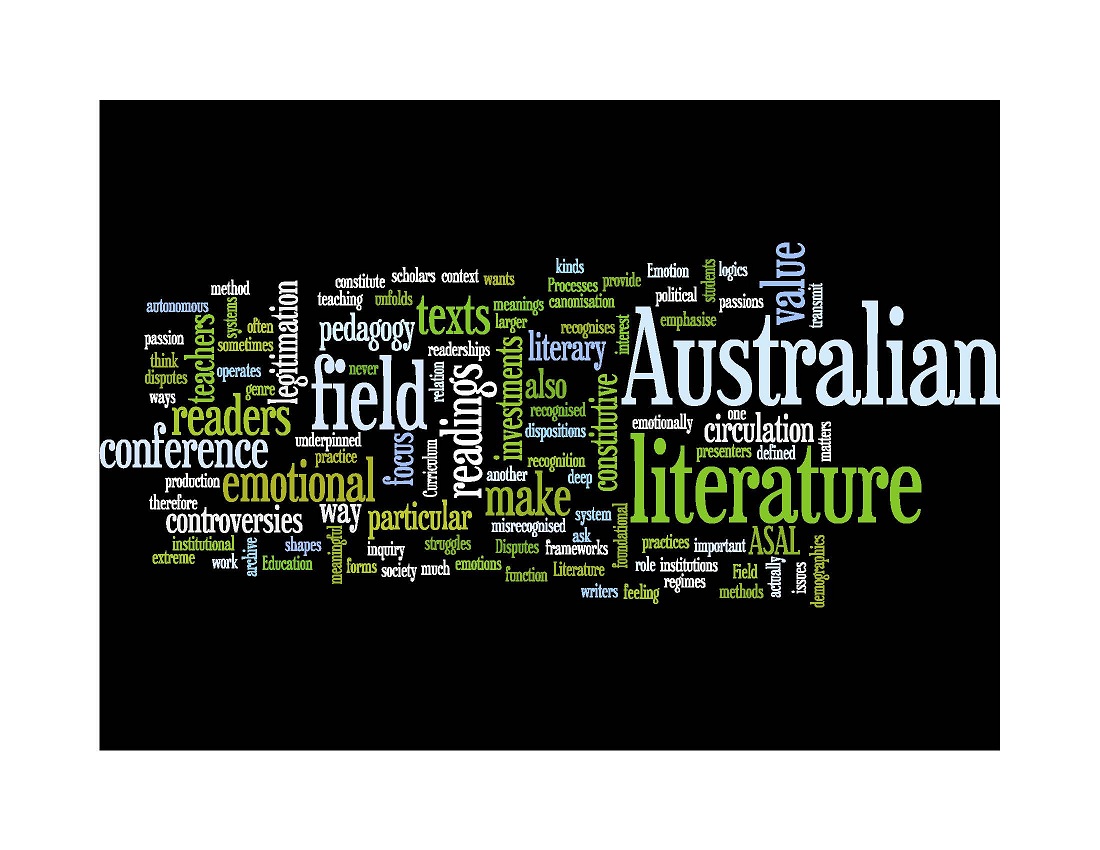Satirising white Australia in Christina Stead’s For Love Alone
Keywords:
Christina Stead, postcolonialismAbstract
Christina Stead’s For love alone is an iconic text in Australian literary studies, but until now, few critics have addressed the novel’s treatment of colonialism and race relations. Feminist critics have played an important role in preserving Stead’s reputation, and for this reason, most critical discussions of For love alone focus on its gender politics. This criticism generally regards Stead’s protagonist, Teresa Hawkins, as a feminist heroine engaged in a struggle against patriarchy. This ideological approach is a valuable corrective to more autobiographical readings of For love alone, which treat the novel, rather reductively, as an account of Stead’s personal experiences or as an expression of her ‘private mythology’. Yet I argue that in taking Teresa for a heroine, feminist scholars do not sufficiently recognise Teresa’s status as an object of satire. In this article, I highlight Stead’s sharply satiric portrayal of Teresa as a narcissist, whose voyage of discovery ironically highlights her inability to learn or to change. I contend that Teresa’s journey to London reveals her affinities with the regressive, racist ideology of her father and her love object, Jonathan Crow. In her self-appointed role as an ‘Australian Ulysses’, Teresa demonstrates the links between Australian nationalism, imperialism and racist ideologies. Without disputing the importance of feminist themes in the novel, I propose a new reading of For love alone as a complex work of postcolonial satire.Downloads
Issue
Section
Articles
License
The copyright for articles in this journal is retained by the author(s), with first publication rights granted to the journal. By virtue of their appearance in this open access journal, articles are free to use with proper attribution in educational and other non-commercial sectors.Attribution-NonCommercial-ShareAlike 2.1 Australia
This work is licensed under the Creative Commons Attribution-NonCommercial-ShareAlike 2.1 Australia License. To view a copy of this license, visit http://creativecommons.org/licenses/by-nc-sa/2.1/au/ or send a letter to Creative Commons, 543 Howard Street, 5th Floor, San Francisco, California, 94105, USA.
How to Cite
Satirising white Australia in Christina Stead’s For Love Alone. (2012). Journal of the Association for the Study of Australian Literature, 12(1). https://openjournals.library.sydney.edu.au/JASAL/article/view/10192

